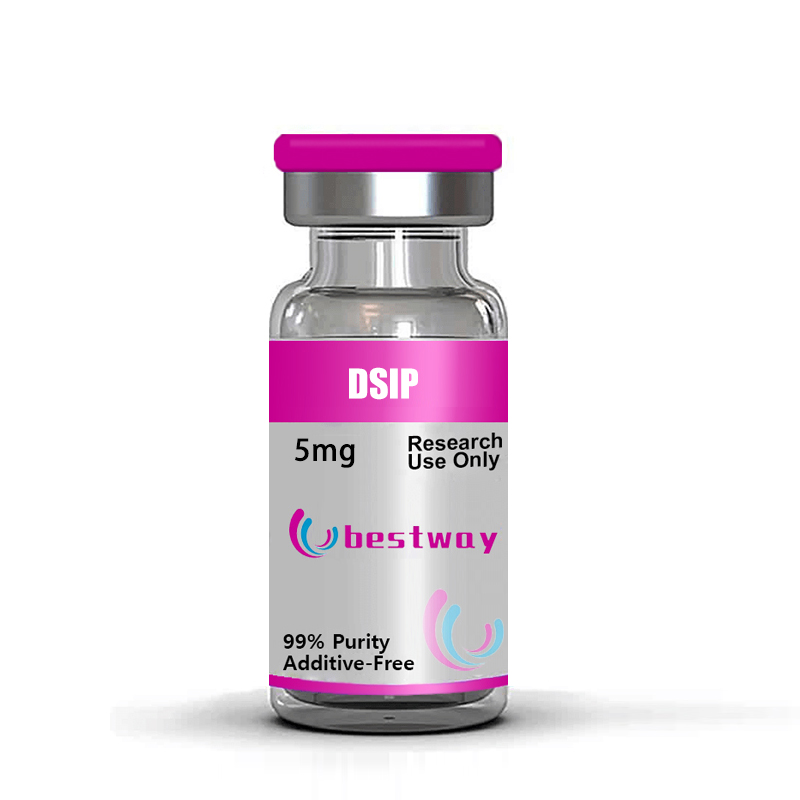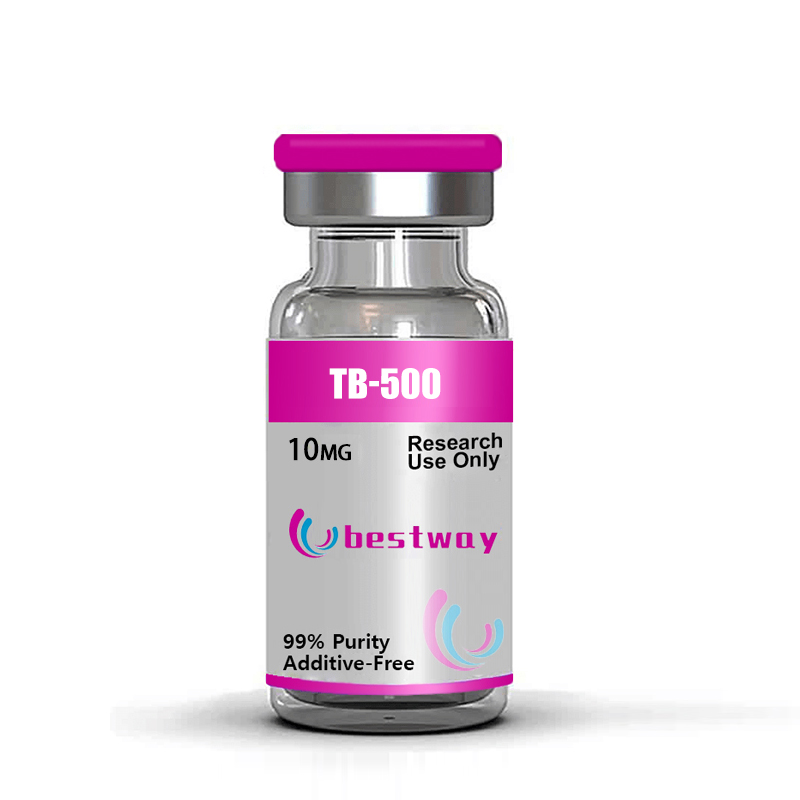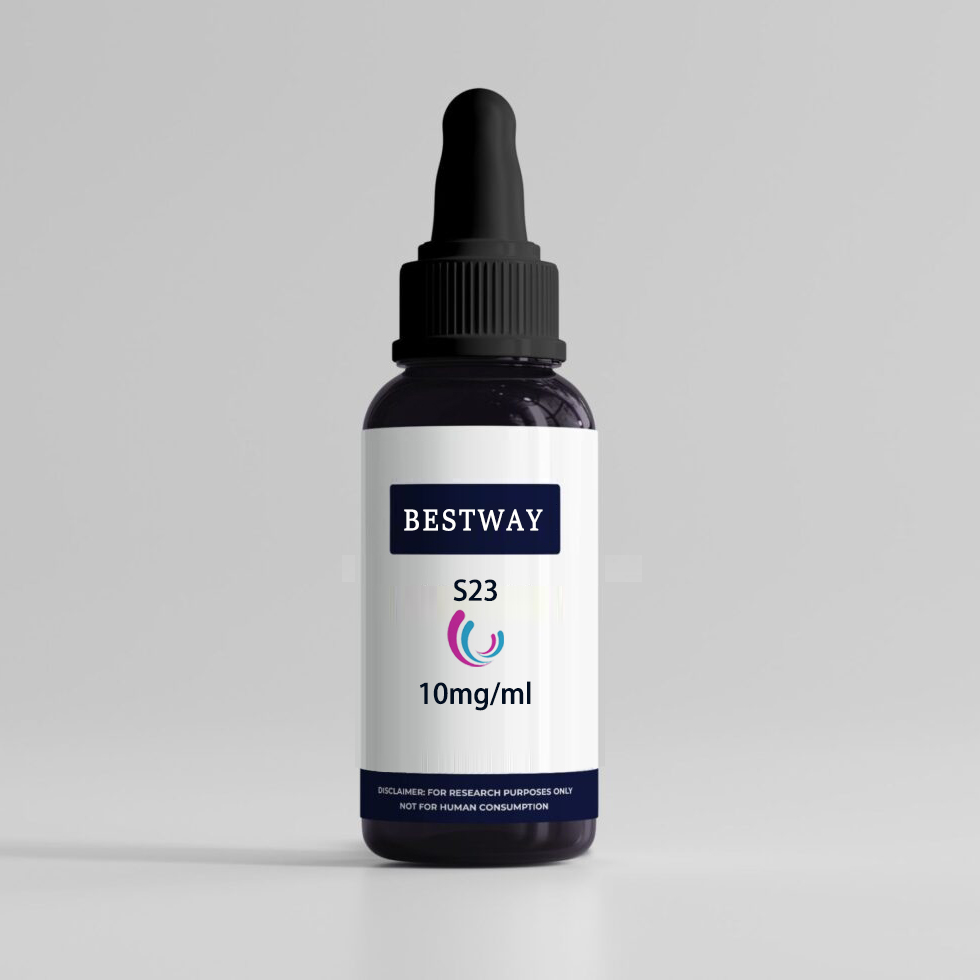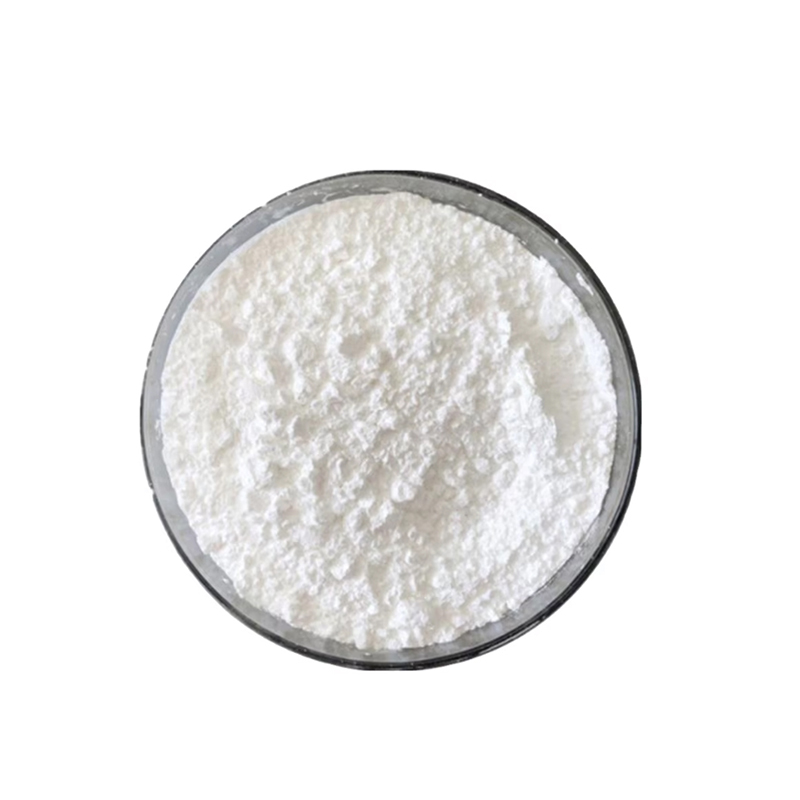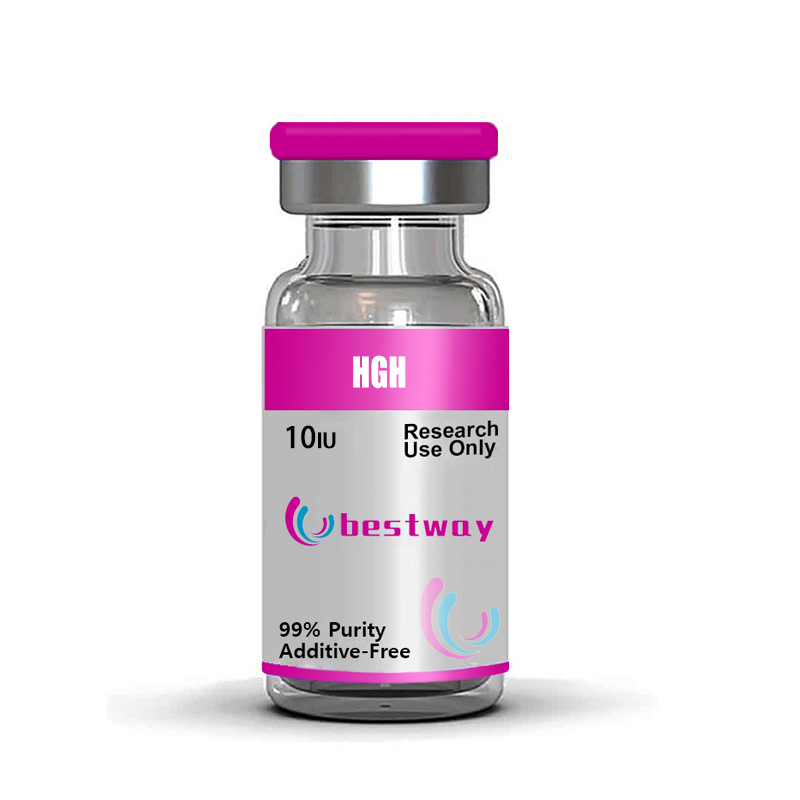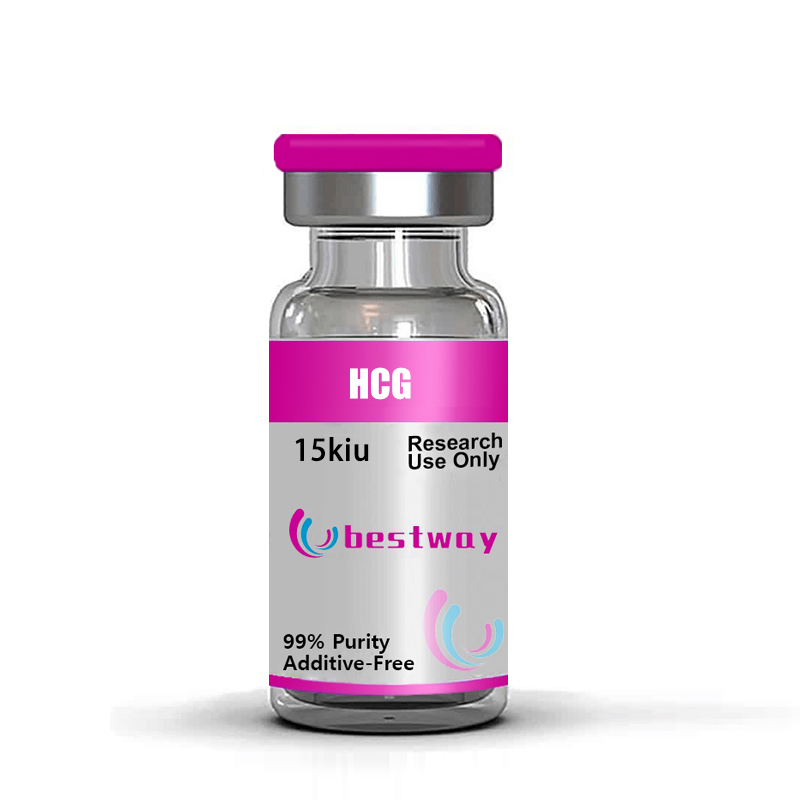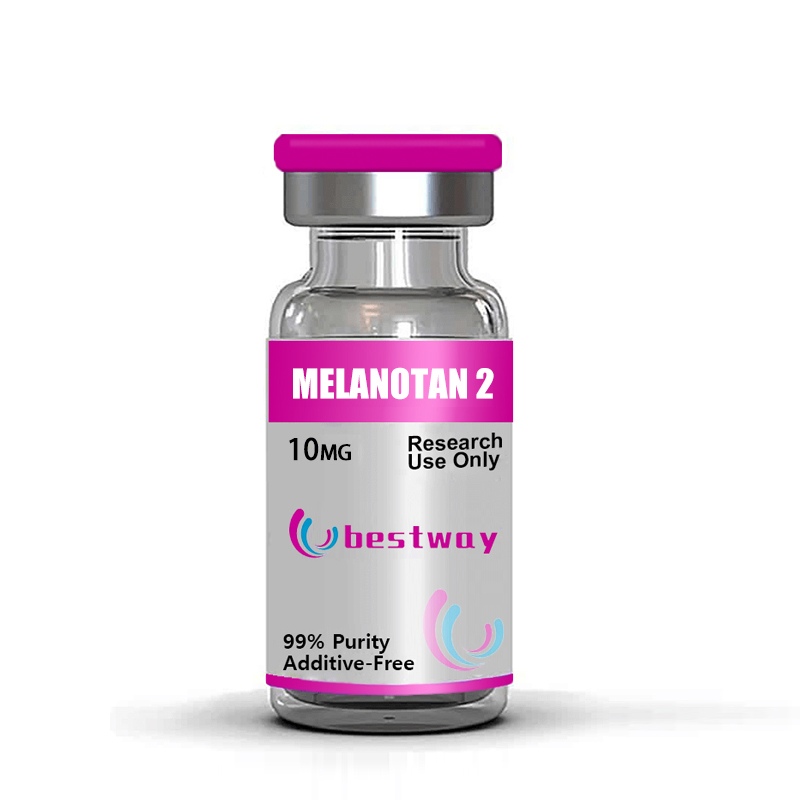Research has been conducted on the effectiveness of DSIP in treating insomnia, pain, and withdrawal. DSIP has shown the ability to counteract opiate receptors, leading to a significant reduction in opioid and alcohol dependence. Clinical trials are currently underway to explore its potential in treating withdrawal syndrome. Additionally, DSIP has been found to alleviate narcolepsy and restore disrupted sleep patterns in certain studies
DSIP Structure
- delta Sleep-inducing peptide phosphate
- 70754-23-3
- (2S)-2-[[2-[[(2S)-2-[[(2S)-2-[[(2S)-2-[[2-[[2-[[(2S)-2-[[(2S)-2-amino-3-(1H-indol-3-yl)propanoyl]amino]propanoyl]amino]acetyl]amino]acetyl]amino]-3-carboxypropanoyl]amino]propanoyl]amino]-3-phosphonooxypropanoyl]amino]acetyl]amino]pentanedioic acid
- Dsip-P
- delta sleep-inducing peptide, dihydrogen phosphate (ester)
DSIP and Sleep Research
Delta sleep-inducing peptide (DSIP) is a nonapeptide that was discovered in 1977 for its ability to stimulate slow or delta wave sleep. DSIP has been studied for its potential therapeutic effects on sleep and pain. Here are some key findings:
- A study was conducted to examine the effects of DSIP on sleep in 16 patients with chronic insomnia. The findings revealed that DSIP led to improved sleep efficiency and reduced sleep latency compared to the placebo.
- In a clinical pilot study, it was found that DSIP showed therapeutic benefits in individuals experiencing chronic and severe pain episodes. The study proposed that DSIP may have a regulatory or “programming” effect on the body’s natural opioid-peptidergic systems, both internally and externally within the brain.
- Only one study has investigated the effects of DSIP on sleep EEG in normal men and found only minor effects.
- DSIP possesses various psychophysiological properties in addition to its ability to induce natural sleep.
- Normal sleep patterns were restored in middle-aged and elderly individuals with chronic insomnia by the end of DSIP administration. These improvements were sustained during the follow-up period.
-
DSIP and Pain Relief
Research has indicated that DSIP has the potential to effectively reduce pain in patients experiencing chronic and severe pain episodes. In a clinical pilot study, DSIP was given intravenously for five consecutive days, followed by five injections every 48-72 hours. This treatment resulted in a significant reduction in pain levels for six out of seven patients suffering from migraine episodes, vasomotor headaches, chronic tinnitus, and psychogenic pain attacks. Furthermore, DSIP demonstrated pain-reducing effects in headache and other pain syndromes with peptidergic mechanisms.
DSIP and Addiction and Withdrawal


